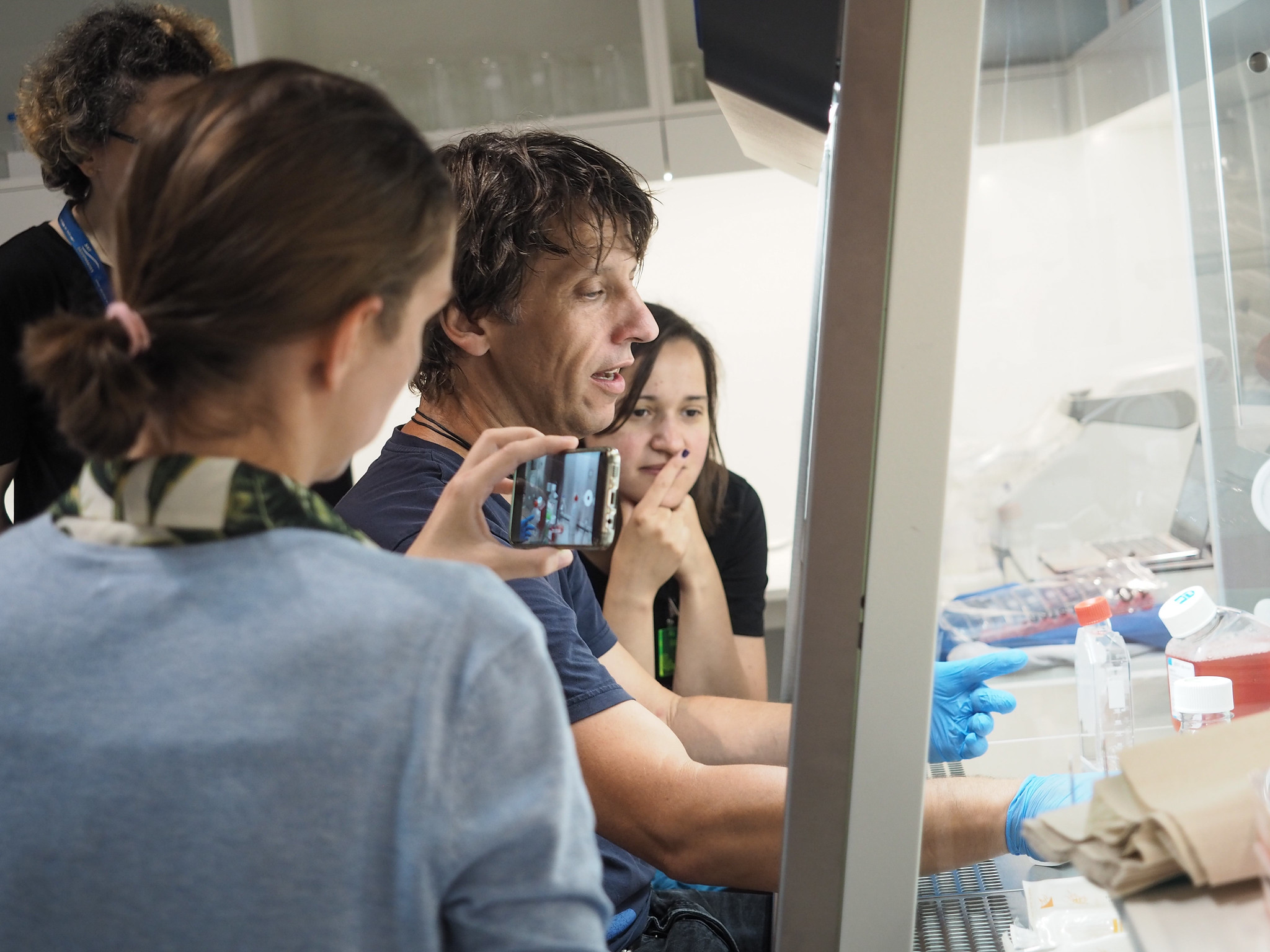In the BioLab, the focus is on the human organism and the processes of life taking place on the cellular and molecular levels. Current scientific methods allow us not only to observe biological processes and make them visible, but also to intervene in them in many ways.
Our thirst for knowledge has not only enabled us to make the most minute biological structures and processes, such as those in a cell, visible and to learn more and more about them — we can now even intervene and change these processes at the most minute level.
Advances in this field are occurring at a rapid pace: whereas the first attempt to decode the human genome took more than 7 years, today we can do it within a few days. And the use of artificial intelligence is opening up still more possibilities in this area of research. On one hand, it gives us important insights that can be used for treating illnesses, for example. On the other hand, these developments always entail ethical considerations: for one thing, predictions about possible future illnesses based on the genetic information of individuals are not always welcome. Moreover, new approaches are continually being added, such as stem cell research or “tissue engineering” — the artificial production of biological tissues.
Recently much discussion has taken place around the gene splicer CRISPR/Cas9, which can add, remove, or turn off genes with precision, because it has both positive and negative potential. In the BioLab, visitors can explore CRISPR/Cas9, the isolation of DNA, the cultivation of cell cultures and other methods from a wide range of biological fields.
Exponate
-
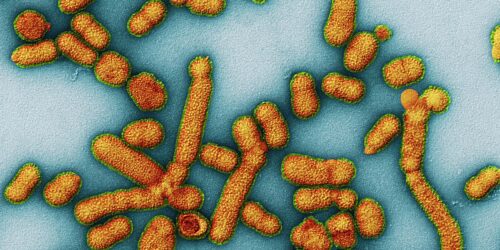
eye of science
Nicole Ottawa (DE), Oliver Meckes (DE)
The photo studio eye of science is dedicated to visualizing the hitherto unknown and unseen.
-
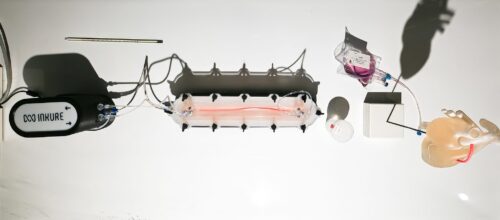
InKure – Bioreactor
University Hospital of Schleswig-Holstein, Kiel (DE), University Medical Center Hamburg-Eppendorf, Hamburg (DE)
This exhibit features a unique bioreactor designed to cultivate and mature bioartificial blood vessels under lifelike conditions. Inside, a pulsating flow of nutrients simulates the dynamics of the human bloodstream, supporting the natural maturation of the bioartificial blood vessels.
-

Interactive Science Posters
Science Communication Lab
Whether genetic profiles or microorganisms – the interactive science posters in the BioLab provide an informative insight into complex topics.
-
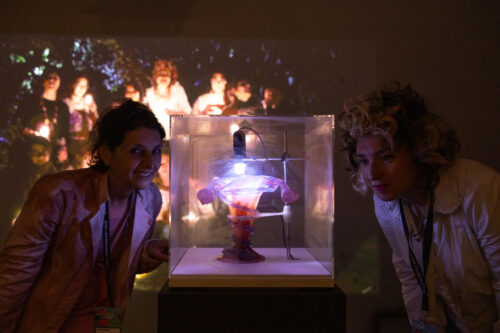
Organ Of Radical Care: Una Matriz Colaborativa
Charlotte Jarvis (GB), Dr. Patricia Saragüeta (AR)
Organ of Radical Care: Una Matriz Colaborativa is an ongoing project at the intersection of art and science. It applies the latest scientific knowledge to create a collaborative uterus from cells derived from the menstrual blood of different people (women, trans* and non-binary people) in which a fertilised egg can grow.
-
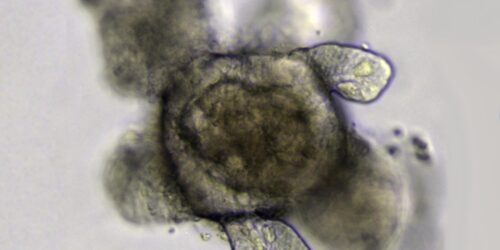
Organoids
Jürgen Knoblich (DE), Madeline Lancaster (US)
The small, brain-like, self-organized structures made of human stem cells are similar to the embryonic human brain.
